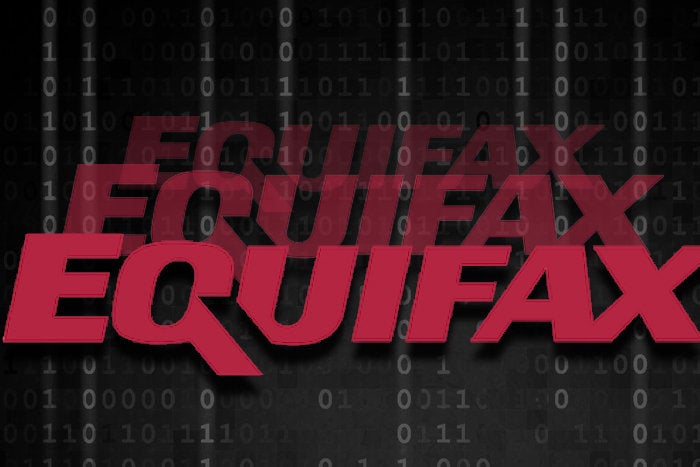Google has finalized a schedule that, over the next 12 months, will send companies scrambling to replace the digital certificates that secure their websites or risk being viewed with suspicion by users running Chrome, the world’s most popular browser.
“Companies are staring down the barrel of a boat load of work,” said David Anthony Mahdi, a research director at Gartner, and the industry research firm’s resident expert on digital certificates and the CAs (certificate authorities) that issue them. “This is massive.”
Beginning with Chrome 66, currently set to show up the third week of April next year, Google will “remove trust in Symantec-issued certificates issued prior to June 1, 2016,” wrote three members of the browser’s security team, in a post to a company blog. “If you are a site operator with a certificate issued by a Symantec CA prior to June 1, 2016, then prior to the release of Chrome 66, you will need to replace the existing certificate with a new certificate from any Certificate Authority trusted by Chrome.”
To read this article in full or to leave a comment, please click here




